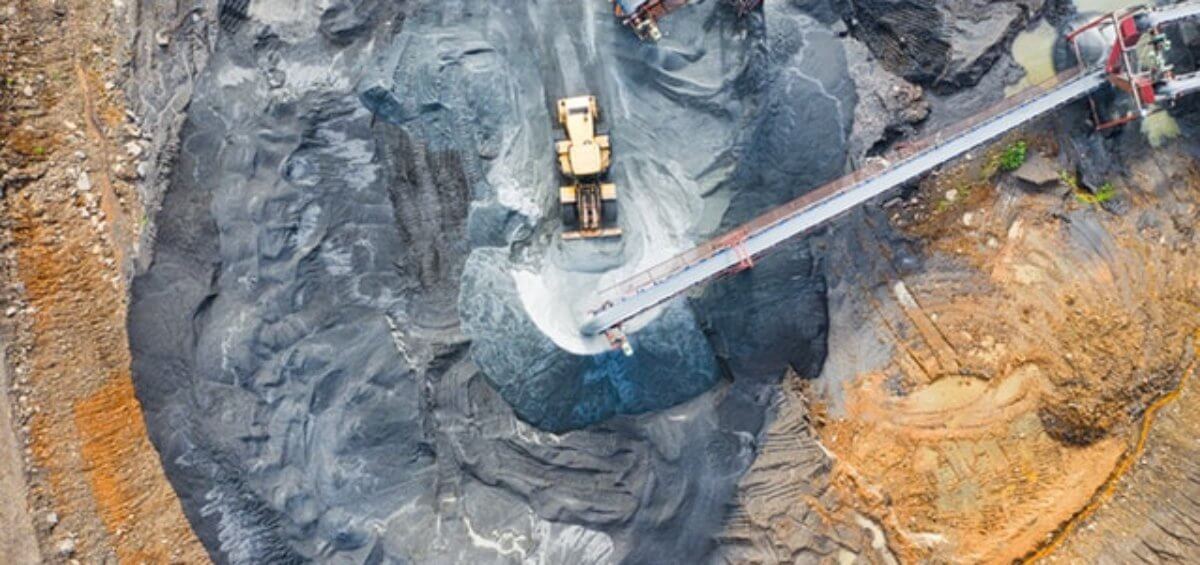In the lead up to the Federal Election, debate and discussion has again been raised on how Australia should manage its skilled migration programs. Congestion busting in metropolitan areas remains a contentious issue, and the Opposition has criticised the Coalition’s population policy for failing to address high numbers of temporary skilled visas. It has claimed temporary work visas account for 1.6 million places and that the skilled migration program should be tightened further. Find out how election promises for Australia’s skilled migration programs could impact HR teams, businesses and skilled visa holders.
Higher minimum wage for temporary visa holders and increased costs for employers | Election promises
To prevent exploitation of visa holders and lower incentives for employers to recruit people from overseas, the Federal Opposition has promised to:
- Increase the minimum pay rate for workers (known as the Temporary Skilled Migration Income Threshold – TSMIT) from $53,900 to $65,000 with annual indexing.
- Reportedly increase the Nomination Training Contribution Charge (NTCC) fee for small businesses by 50%. NTCC fees would increase from $1,200 to $1,950 per year that the visa holder is sponsored.
- Reportedly increase the NTCC fee for large businesses (with an annual turnover of over $10million) by over 50%. NTCC fees would increase from $1,800 to $3,900 per year that the visa holder is sponsored.
While a minimum wage increase may benefit skilled migrants, the plans have been criticised by businesses and industry groups. CEO of the Australian Chamber of Commerce and Industry (ACCI), James Pearson warned the new costs would make it even more expensive for small businesses who turn to the temporary visa program as a last resort to manage skills shortages.
ACCI Employment Director Jenny Lambert believes skills shortages in regional areas would particularly worsen. Jobs such as mechanics, chefs, nurses and other trade occupations in regional areas could be precluded from a temporary skilled visa. This is because the market rates for these occupations in regional areas would be below $65,000 and would not meet the higher TSMIT for a skilled visa.
The introduction of an ‘Australian Jobs Test’
The Opposition plan to establish an Australian Skills Authority (ASA) to strengthen the integrity of the skilled migration program. The role of the ASA would be to:
- Create an Australian Jobs Test to ensure labour agreements are only issued in cases where local jobs are created and supported. This will involve overseeing Labour Market Testing (LMT) – the evidence an employer must provide when showing their difficulty in sourcing suitable workers locally;
- Identify genuine skills shortages and create a single skills shortage occupations list;
- Strengthen skills assessment and occupational licencing requirements.
Businesses have raised concerns that a more rigorous skills assessment process, and possibly introducing skills assessment as a requirement for more occupations, would make the visa sponsorship process even more time-consuming and onerous. This is particularly the case for roles which already require the applicant to have a higher education and several years of experience. In addition, employers already need to meet stringent LMT requirements.
New measures to prevent visa holder exploitation
The Opposition has promised to introduce several measures to increase sponsorship obligations for employers and strengthen regulatory powers of external agencies. Election promises have been made to:
- Create a public register to force employers to declare the number of visa holders working for their organisation;
- Increase funding for an agency taskforce to identify exploitative employers;
- Require businesses to provide employee support service information to visa holders;
- Extend the Fair Work Ombudsman’s regulatory powers to employer breaches of visa work conditions;
- Extend capabilities for unions to commence civil actions for breaches of the Migration Act relating to visa work conditions.
Continued focus on regional skilled migration
Since the current Government’s population plan was announced in March 2019, skilled migrants have been encouraged to live and work in regional areas through several initiatives to help ease congestion in metropolitan areas. Both the Opposition and Coalition have promised its policies would continue to encourage migrants to take positions in rural and regional locations where skills gaps exist.
Interstaff | Business migration specialists
Interstaff will keep you updated on further developments and the impact of the Federal Election on businesses and skilled visa applicants. To understand your sponsorship and visa options, contact our Registered Migration Agents on
+61 8 9221 3388 (or National Free Call 1800 449 858) or [email protected]
Source:
Interstaff’s Registered Migration Agents
ABC News
ABC News
The Financial Review
Australian Chamber of Commerce Media Release
The Conversation
InnovationAus
The Financial Review







